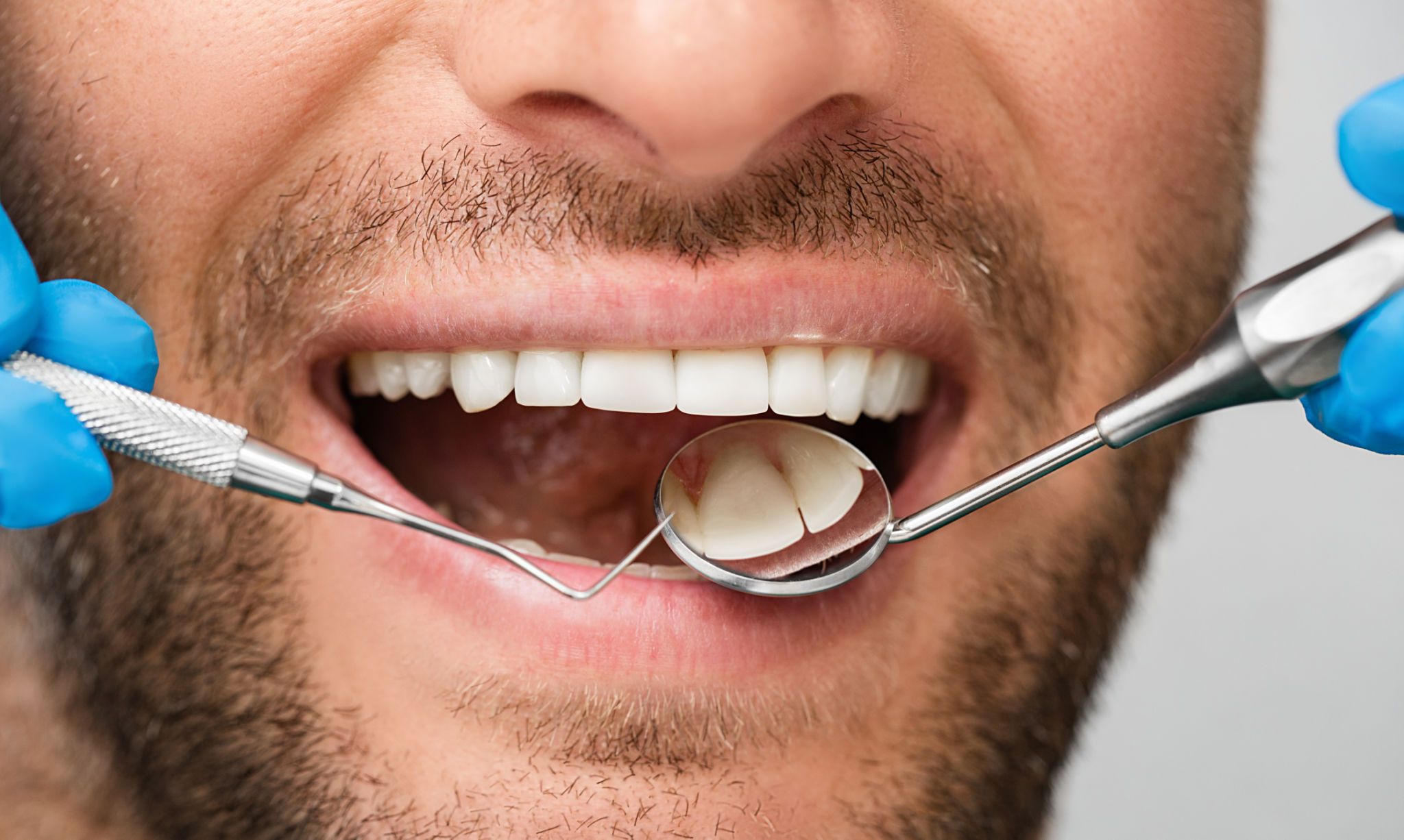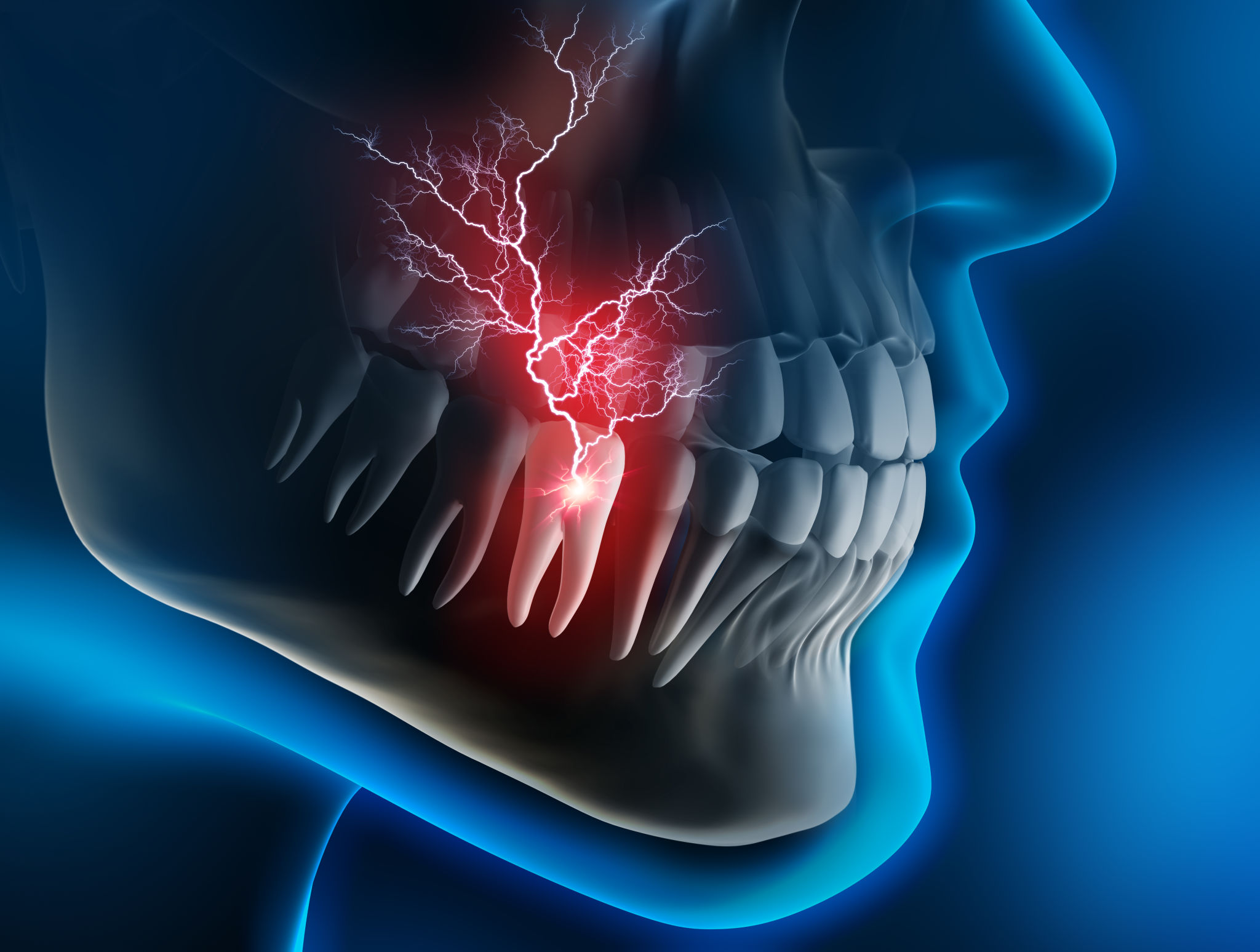Does Ozempic Ruin Your Teeth?
The Impact of Ozempic on Dental Health: What You Need to Know
If you’re taking Ozempic to manage your diabetes or lose weight, you’ve probably heard about its health benefits. But lately, some people have started noticing new dental problems after using the medication. This raises questions: could Ozempic be hurting your teeth and gums? Knowing the facts can help you protect your smile and avoid avoidable issues.

Understanding Ozempic and Its Uses
What Is Ozempic?
Ozempic, also known as semaglutide, is a medication mainly used to control type 2 diabetes. It’s a form of injection that helps your body produce more insulin. Over time, it’s also gained popularity as a weight loss aid for people without diabetes.
How Ozempic Works in the Body
This drug mimics a hormone called GLP-1, which tells your brain you’re full. It also helps stabilize blood sugar levels. While this is great for diabetes management and weight control, it can have side effects beyond its main job. Some users report issues with their teeth and gums after starting treatment.
Popularity and Usage Trends
Ozempic’s popularity has skyrocketed. Many prescriptions are written each year, and its use has become common beyond medical needs. Social media and celebrity endorsements have made it trendy. But increased use means we need to watch for new side effects, including dental problems.
Dental Health Concerns Associated with Ozempic
Reports and Observations
Dentists and doctors are seeing more patients with dental discomfort after using Ozempic. Some patients share they’ve experienced unexpected oral issues. While this isn’t proven in studies yet, these stories are worth noting.
Common Dental Problems Linked to Ozempic
- Tooth decay and cavities: More patients are reporting sensitivity and weak spots in their teeth.
- Gum inflammation: Periodontal disease seems to become more common among users.
- Dry mouth (xerostomia): A frequent complaint, dry mouth can make it harder to chew, talk, and keep teeth healthy.
Scientific Evidence and Studies
There are a few small studies and reports pointing to this trend, but no clear proof as of now. Medical research is still catching up with real-world experiences. More studies are needed to fully understand how Ozempic might affect oral health.

How Ozempic May Affect Dental and Oral Health
Dry Mouth and Salivary Flow Reduction
One of the main concerns is that Ozempic can lead to dry mouth by reducing saliva. Saliva is your mouth’s natural cleaner. Less saliva means more cavities, bad breath, and difficulty swallowing. It’s like a sponge losing its water—your mouth can’t stay clean without enough saliva.
Impact on Gums and Periodontal Disease
Dry mouth and medication effects might cause your gums to become inflamed easier. This can eventually lead to gum disease if not treated. People with diabetes already face higher risks of gum issues, so adding medication effects can make things worse.
Direct Effects on Tooth Enamel and Structure
While there’s limited evidence, some suggest that medications like Ozempic could change the health of oral tissue. Damage to enamel or other tissues may speed up decay and worsen existing dental problems.
Preventative Measures and Dental Care Tips for Ozempic Users
Maintaining Oral Hygiene
Brushing twice every day with fluoride toothpaste is crucial. Use floss and mouthwash to keep plaque away. Good habits are key to fighting cavity-causing bacteria and gum issues.
Managing Dry Mouth
Drink plenty of water, especially during the day.
Chew sugar-free gum to boost saliva.
Use saliva substitutes recommended by your dentist if needed.
Regular Dental Checkups
Visit your dentist at least twice a year. Early detection of problems can save money and discomfort later. Always tell your dentist about your medications and health changes.
Lifestyle and Dietary Recommendations
Cut back on sugary snacks and drinks.
Stay away from sticky or hard foods that can damage teeth.
Eat foods rich in calcium, fiber, and vitamins to support oral health.
Expert Insights and Recommendations
Dentist and Medical Professional Quotes
Dentists recommend staying vigilant. If you notice dry mouth, bleeding gums, or new pain, talk to your healthcare provider. Many professionals advise keeping up with routine dental care and reporting any issues early.
Medical experts say that balancing medication benefits with potential side effects is important. Your doctor might suggest adjustments or other treatments if dental issues become severe.
Official Guidelines and Future Research
No clear guidelines exist yet linking Ozempic with dental problems. Experts agree more research is needed. Scientists are working to understand if these issues are directly caused by the drug or if other factors play a role.
Conclusion
Starting Ozempic offers many health benefits, especially for managing diabetes and losing weight. However, emerging reports suggest a potential link to dental health problems, like dry mouth, cavities, and gum disease. Protecting your smile means staying informed, practicing good oral hygiene, and visiting your dentist regularly. If you notice any oral discomfort after starting Ozempic, don’t wait—talk to your healthcare team promptly. Staying proactive today helps ensure your dental health stays strong tomorrow.